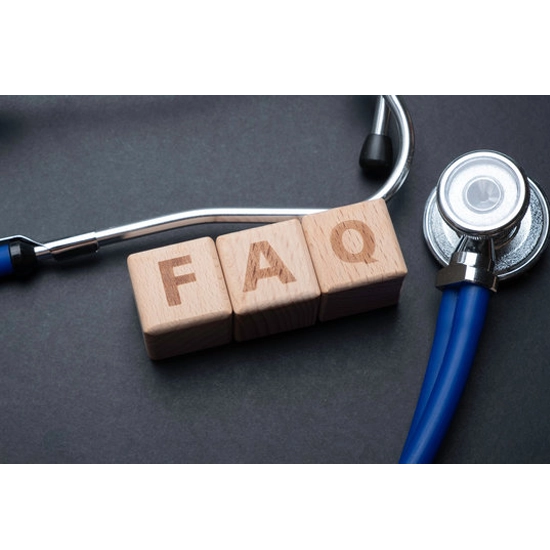 Genotyping, AZA, 6MP, 6-Thioguanine.webp)
Book TPMT (1,2,3A,3B,3C) Genotyping, AZA, 6MP, 6-Thioguanine Appointment Online Near me at the best price in Delhi/NCR from Ganesh Diagnostic. NABL & NABH Accredited Diagnostic centre and Pathology lab in Delhi offering a wide range of Radiology & Pathology tests. Get Free Ambulance & Free Home Sample collection. 24X7 Hour Open. Call Now at 011-47-444-444 to Book your TPMT (1,2,3A,3B,3C) Genotyping, AZA, 6MP, 6-Thioguanine at 50% Discount.
Medications Using Thiopurine, Acute lymphoblastic leukemia, autoimmune illnesses, inflammatory bowel disease, and solid organ transplant rejection are all treated with thiopurine medication therapy. Thiopurine methyltransferase (TPMT) and nudie hydrolase 15 both contribute to the inactivation of thiopurine medicines (NUDT15). The effects on thiopurine metabolism can be additive, and variations in the TPMT and/or NUDT15 genes are linked to an accumulation of cytotoxic metabolites that increase the likelihood of drug-related toxicity with conventional doses of thiopurine medicines.
When done before the administration of a medication, the enzyme activity phenotype of TPMT can also be directly examined. Thiopurine and metabolite concentrations can be assessed after the start of therapy in addition to pre-therapeutic tests to adjust the dose.
Why Is It Important? detection of patients receiving thiopurine medications who are at high risk of excessive myelosuppression or severe hematological toxicity yet have poor thiopurine methyltransferase (TPMT) activity
A disorder known as thiopurine S-methyltransferase (TPMT) insufficiency is characterized by the dramatically decreased activity of an enzyme that aids the body in processing thiopurine-based medications. These medications, such as 6-thioguanine, 6-mercaptopurine, and azathioprine, suppress (inhibit) the immune system of the body.
Red blood cells contain the enzyme thiopurine S-methyltransferase (TPMT), which aids in the metabolism of immunosuppressive thiopurine medications. While 0.3% of the population has little to no TPMT activity and the remaining 11% has moderate activity, 89% of the population exhibits normal levels of TPMT.
The typical range of TPMT is 9.3-17.6 units/ml red blood cells, according to Sies et al7. However, because of things like recent blood transfusions, specific drugs, alcohol, and interlaboratory variation, these results can have significant variations.
Thiopurine medicines are mostly inactivated in the bone marrow by TPMT.
Thiopurine medications are "turned off" by the TPMT enzyme by dissolving them into harmless, inactive molecules. The stability and activity of the TPMT enzyme are decreased by changes in the TPMT gene. Because the medications cannot be "shut off" when it is insufficient for this enzyme, they remain in the body longer and continue to obliterate cells unchecked.
| Test Type | TPMT (1,2,3A,3B,3C) Genotyping, AZA, 6MP, 6-Thioguanine |
| Includes | TPMT (1,2,3A,3B,3C) Genotyping, AZA, 6MP, 6-Thioguanine (Pathology Test) |
| Preparation | |
| Reporting | Within 24 hours* |
| Test Price |
₹ 4875
|

Early check ups are always better than delayed ones. Safety, precaution & care is depicted from the several health checkups. Here, we present simple & comprehensive health packages for any kind of testing to ensure the early prescribed treatment to safeguard your health.